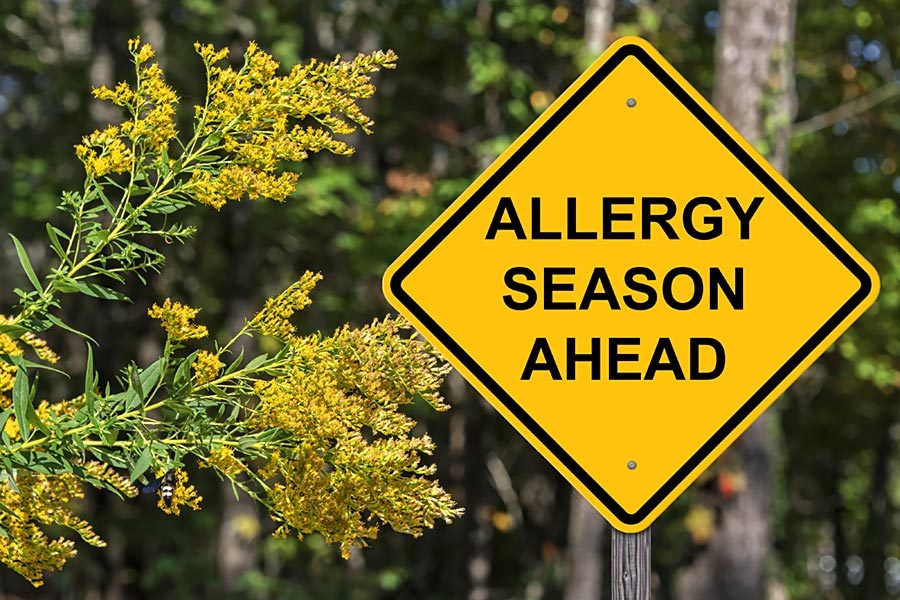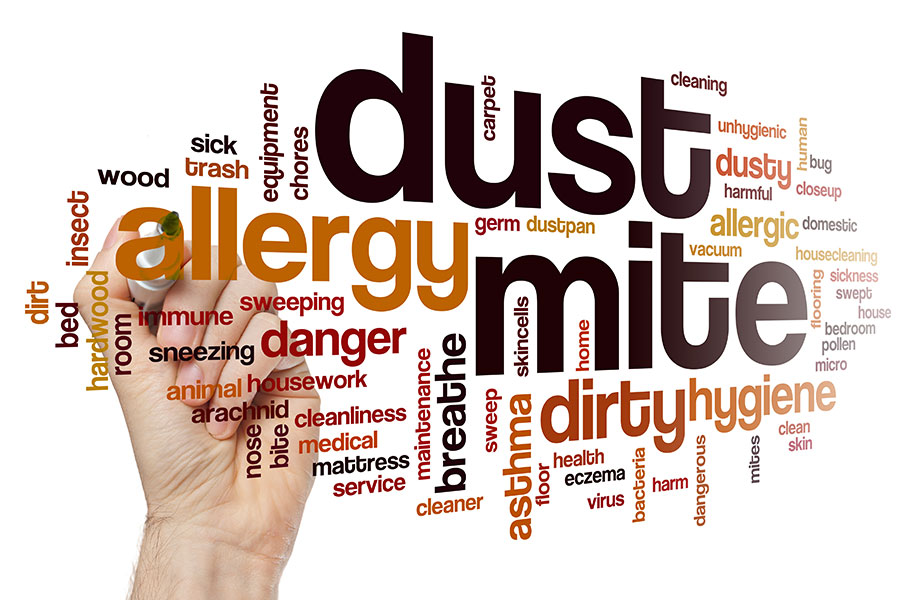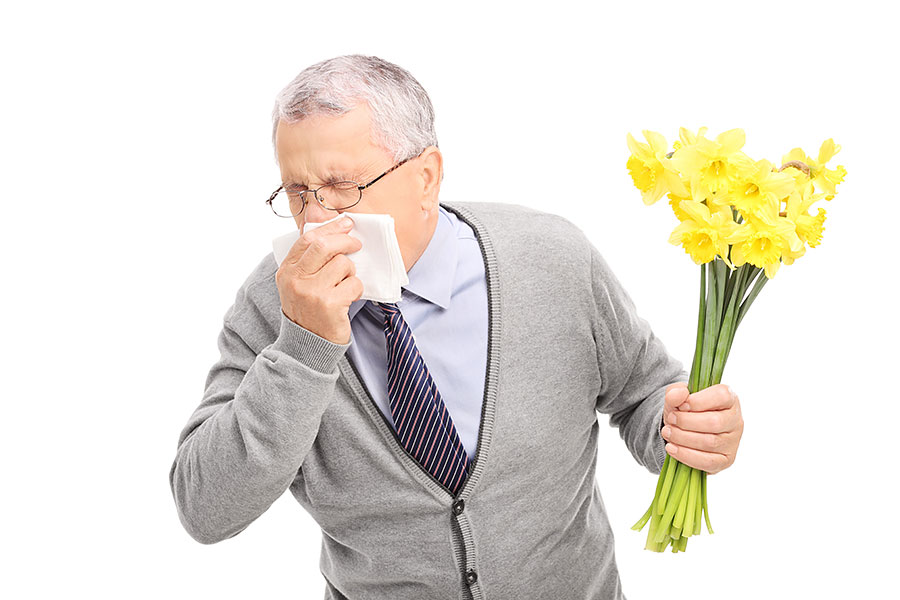The Asthma and Allergy Foundation of America reports that allergic rhinitis, or hay fever, affects some 5.2. million children and 19.2 million adults in the U.S.(1) Restrictions aimed at limiting exposure to COVID-19, such as wearing a mask and staying indoors, indirectly led to decreased symptoms for many allergy sufferers in 2020.(2)
The American College of Allergy, Asthma, and Immunology outlines how climate change and rising temperatures are making allergy season worse for many:
- The growing season starts earlier and is longer overall, increasing the length of time pollen is in the air
- The amount of pollen produced by each plant has increased. (One ragweed plant can produce as much as 1 billion pollen grains)
- Pollen is more potent, producing more severe allergic reactions.(3)
It its 2021 report, The Asthma and Allergy Foundation of America included data on the increase in temperature in U.S. cities from 1970 to present. While the average increase in cities analyzed was two degrees, the increase in some cities, such as Las Vegas, was over six degrees. Warmer temperatures not only lengthen the growing season but also enable allergy-causing plants to grow in new places.(2)
Antihistamines, steroid nasal sprays, and decongestants can all help with symptoms. Allergenic Immunotherapy (allergy shots) “is the only therapy that goes to the root of the problem,” decreasing the allergic response.(4) Avoidance of pollen is the first line of defense. The American College of Allergy, Asthma, and Immunology offers these tips:
- Keep windows closed during pollen season, especially during the day. Use your air conditioning whenever possible.
- To avoid pollen, know which pollens you are sensitive to and then check pollen counts. In spring and summer, during tree and grass pollen season, levels are highest in the evening. In late summer and early fall, during ragweed pollen season, levels are highest in the morning.
- Take a shower, wash your hair, and change clothing after working or playing outdoors.
- Wear sunglasses and a hat outside to keep pollen out of eyes and hair. Your COVID-19 mask could provide a protective barrier against pollen.(3)
(1) The Asthma and Allergy Foundation of America, Allergy Facts, https://www.aafa.org/allergy-facts/
(2) Asthma and Allergy Foundation of America, Summer 2021 Allergies: 2021 Allergy Capitals: The Most Challenging Places to Live With Allergies, https://www.aafa.org/media/2933/ (pdf)
(3) The American College of Allergy, Asthma, and Immunology, Does More Pollen Mean Worse Allergy Symptoms? Probably, https://acaai.org/news/
(4) Katella, K., Yale Medicine, Seasonal Allergies Are Worse This Year – Why and What You Can Do About It, https://www.yalemedicine.org/news/




